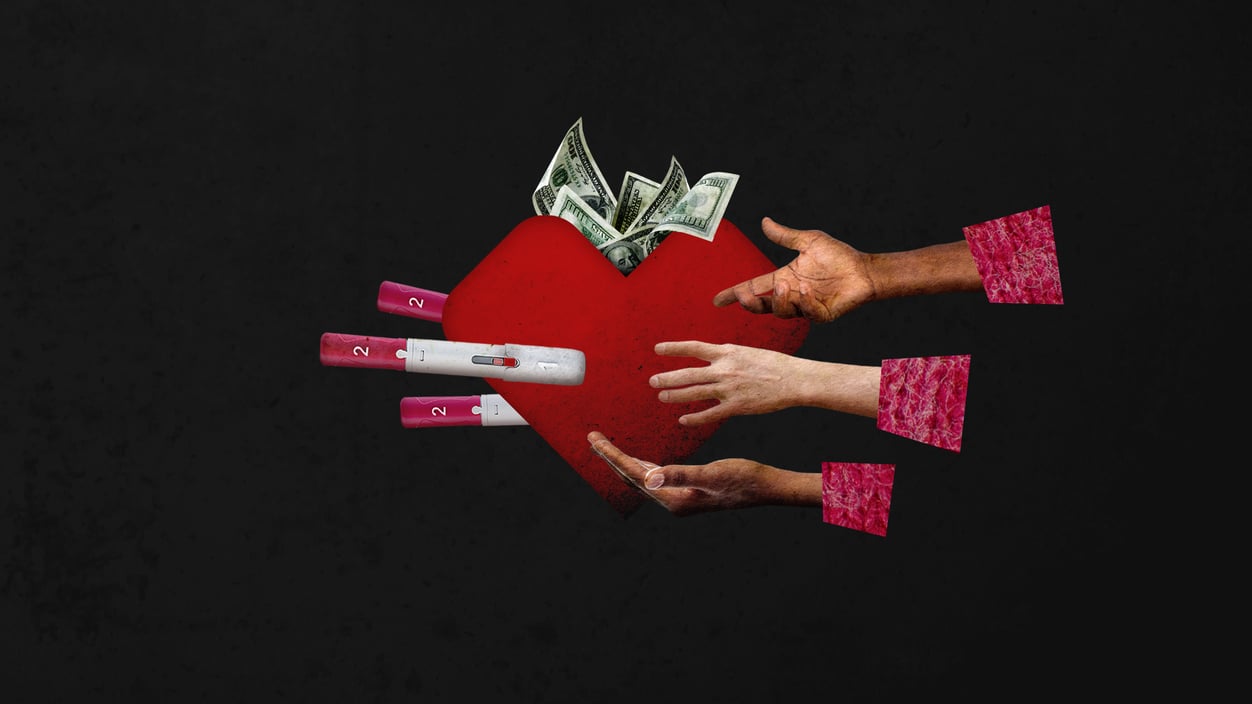drug pricing
CVS's new ploy as Humira biosimilars take over the market

Christine Kao / STAT
Pharmacy benefit managers, or PBMs, are the middlemen of drug pricing negotiations and wrangle discounts out of pharmaceutical companies for their clients. But PBMs also claim portions of those lucrative rebates for themselves. So when new market developments threaten to diminish or wipe away that revenue stream, PBMs find crafty ways to keep as many of those dollars as possible — often at the expense of employers.
New documents obtained by STAT's Bob Herman show one of these new methods. Remember how, last year, a wave of Humira biosimilars entered the market and drug companies slashed the list prices of their insulin products? Knowing that rebate dollars from Humira would evaporate as biosimilars catch on, CVS Caremark, a PBM, said it would calculate rebates using a new, complicated explanation and formula that protects its profits. CVS said it would create "rebate credits" — a new term that sounds beneficial but actually penalizes employers that cover lower-cost biosimilars, experts said.
Read more from Bob on how these middlemen are trying to maintain profits wherever they can.
off the charts
Don't underestimate the importance of positive childhood experiences
Most of us know that early exposure to stressors such as poverty, violence, abuse, or racism has long-lasting consequences on our health. But how can parents of young children who experience hardships keep up faith that their child's future isn't doomed from the start?
"Early adversity does not dictate your baby's destiny," writes psychiatrist and STAT columnist Jennifer Adaeze Okwerekwu in her latest piece. She recalls telling one mother that cultivating positive experiences would offer her baby long-term protection. "I also explained that I wouldn't be so passionate about this work if it were devoid of hope," Okwerekwu writes. "She laughed through her tears when I added, 'because all doom and gloom would totally be the worst job ever.'"
Without sufficient understanding of the importance of positive experiences, negative ones may seem to have insurmountable effects, but Okwerekwu assures us that is not the case. "By focusing only on the negative, I fear we are giving parents — and adults who are grappling with their own childhood trauma — the false impression that prevention is the only way to mitigate the health consequences of adverse childhood experiences," she writes. Read more.
research
Smoking disparities between queer and straight people persist, studies say
Tobacco companies love targeted advertising and, for decades, have spent money on promotions directed at LGBTQ populations. And it may have worked, as queer people are consistently reported to smoke more than their straight counterparts. But two new studies go further to show that those who identify as lesbian, gay, and bisexual — especially women — are more receptive to tobacco marketing, more inclined to smoke cigarettes every day, and may even have a harder time quitting.
Researchers from Rutgers Health analyzed survey data on smoking habits, dependence, and receptivity to advertisements. They write that more research is needed on interventions. These studies remind me of some striking survey results that STAT's Nicholas Florko reported on last year: 57% of respondents said they would support a policy to prohibit the sale of all tobacco products.
No comments